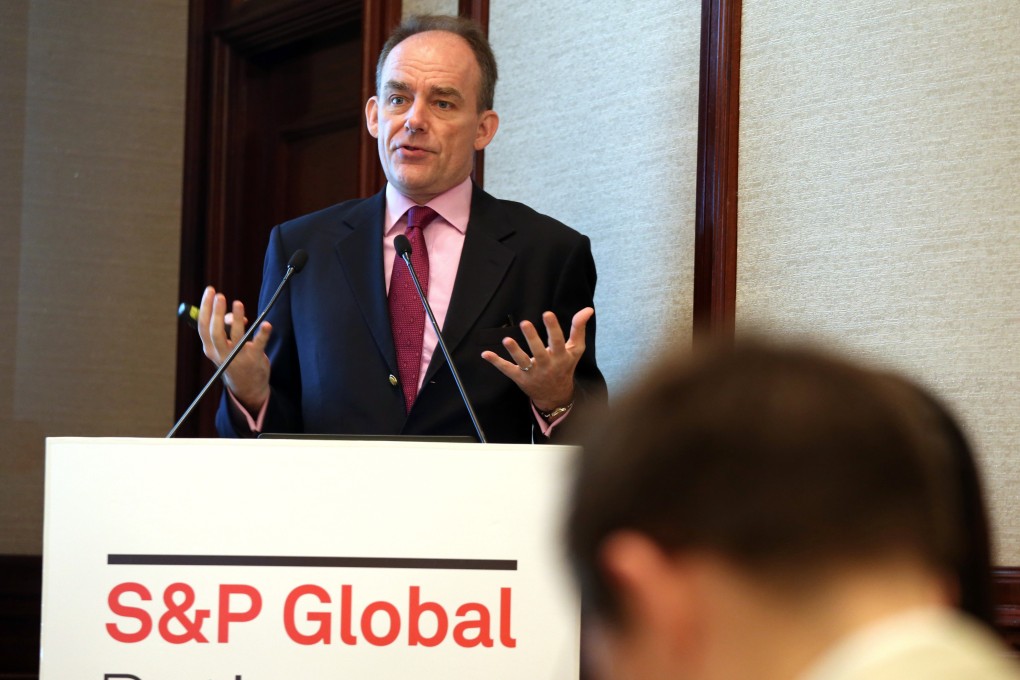China has the savings to deal with property crisis, with no global spillover: economist
S&P Global Ratings global chief economist Paul Gruenwald says China is under no external or market pressure to deal with the property market

China’s property market remains the biggest downside risk to its economic growth target this year, with policymakers seemingly not in a hurry to make significant changes because its impact is mostly confined to the world’s second-largest economy, according to the chief economist for a global ratings agency.
“China has the savings to deal with this. It’s not really spilling over too much to the rest of the world,” said Paul Gruenwald, global chief economist at S&P Global Ratings.
“So they’re not going to be forced into dealing with the property excesses by any external or market pressure. They can do it at their own time, but we are not at the bottom yet.”
Average prices for new homes across 100 cities rose by just 0.11 per cent in August from July, slowing from the previous month’s 0.13 per cent rise, according to property researcher China Index Academy.
China, by design, is not very dependent on the rest of the world for financing
